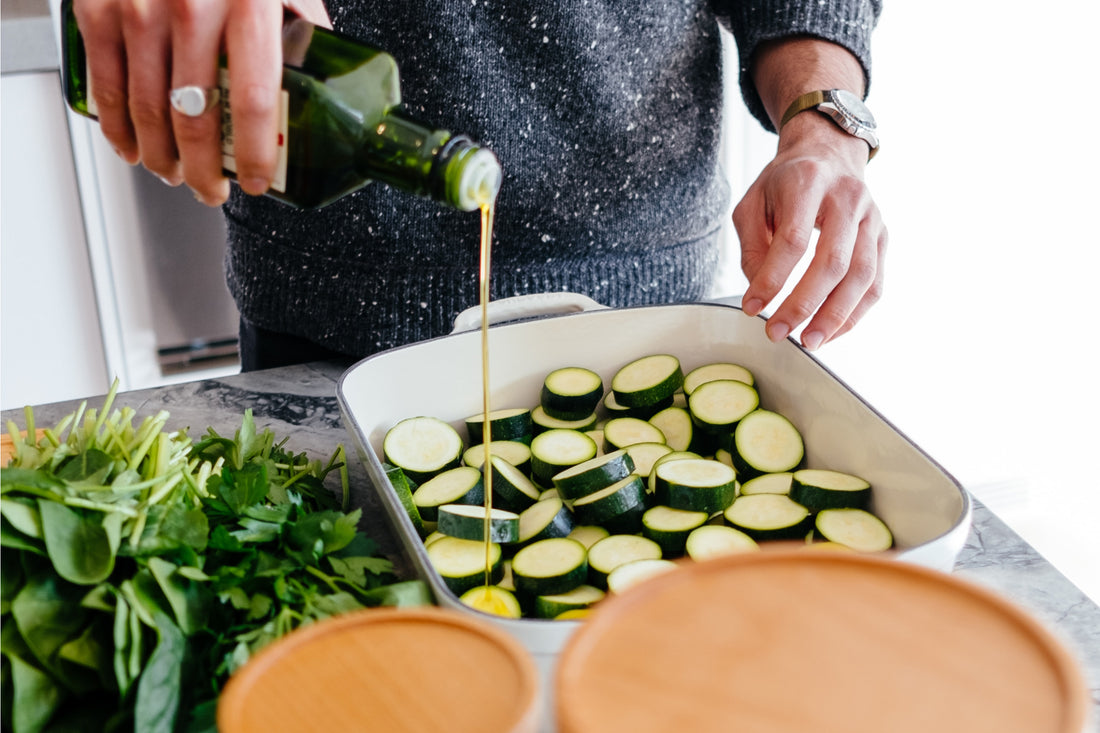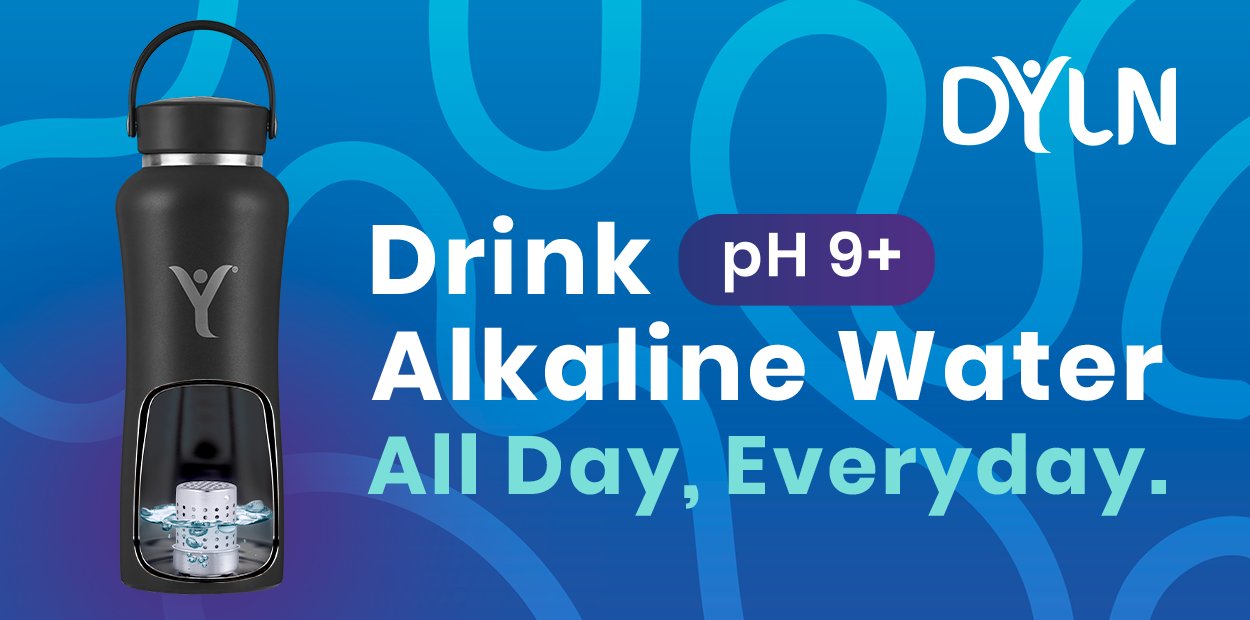Kidney stones. An unpleasant sounding name for a very painful condition, which affects about 1 in every 11 people in the US. But what are kidney stones? Why do they happen? And what can you do to minimize your chances of getting them
What Are Kidney Stones?
Kidney stones are very hard formations of salt and minerals, usually calcium or uric acid. The salt and minerals collect inside the kidney, and the stones can then move along the urinary tract.
They can be very small, or they can grow to 2 or more inches across. In particularly bad cases, a kidney stone can grow large enough to fill the whole kidney.
The majority of kidney stones will pass out through the urinary tract without any treatment. But some need a medical procedure to break them up and remove the blockage.
Kidney stones often cause intense pain in the abdomen; a burning sensation when passing urine; blood in the urine; and a number of other symptoms.
What Causes Kidney Stones
Evidence suggests that as the climate warms up, people are more and more likely to get kidney stones. So what’s the connection between hotter weather and kidney stones?
Hydration — or, more accurately, dehydration.
Dehydration is one of the key risk factors for developing kidney stones. Anyone who has had kidney stones in the past should make extra efforts to stay hydrated. But all of us can reduce our chances of developing stones by drinking lots of water.
The most common type of kidney stones is caused by too much calcium passing into the kidney. When the kidney can’t process the volume of calcium (or other stone-forming minerals), the calcium collects in the kidney.
You might think that the obvious answer to that is to reduce your intake of calcium through your diet. But surprisingly, clinical trials show that people who form calcium kidney stones should continue to consume the recommended daily allowance of calcium and increase their water intake at the same time.

Uric acid kidney stones occur when the urine is too acidic, because uric acid has dissolved into the urine. There, it can crystalize and become a stone. Medication is usually advised to change the pH of the urine, but adjusting to a more alkaline diet may also help to prevent excessively acidic urine.
Water Is Key to Kidney Stone Prevention
Diluting the minerals and acids that pass through the kidneys is key to reducing your chances of developing kidney stones. This is true if you’ve had kidney stones before, or if you’ve never had one.
A randomized clinical trial published in the Journal of Urology studied 199 kidney stone patients, against 101 control participants who had not previously had kidney stones. The study concluded that urine volume was an important risk factor for kidney stones. Those with a higher volume of urine were less likely to develop the problem.
The tipping point was that drinking 2 liters of fluid every day reduces the chances of kidney stone recurrence (in people who have already had one or more kidney stones in the past) by approximately 50%.
And the American Urological Association recommends that patients who have a tendency to form kidney stones should drink 2.5 liters or more of fluid each day.
All of this is good news! It means there’s a very simple way for you to protect your urinary tract health, and you can do it every day. Drink more water.
Protect Your Health
Kidney stones have been found in ancient Egyptian mummies, which tells us that this is not a new problem. But medical scientists are concerned that stones are on the rise. A clear relationship has been identified between warmer weather and kidney stones, and a study of kidney stones in the United States suggests that stones may increase very suddenly when the temperature reaches a certain threshold, or kidney stones may rise gradually but steadily.
So it’s more important than ever to protect your health.
Drinking more water will come with a whole host of other benefits, too; including:
- Increased energy! You’ll feel more alert and on the ball.
- Improved brain function. A hydrated brain works much faster and more effectively than a dehydrated brain; so your work performance will improve and you’ll be a much better conversationalist.
- Easing headaches. Drinking more water can prevent or reduce headaches caused by dehydration.
- Better digestion. Fluids help your digestive system to work at its best, and prevent slow digestion and constipation.
- Weight loss. If you’re trying to lose weight, drinking lots of water is a vital part of your diet. It aids digestion and helps to avoid mistaking feelings of hunger for feelings of thirst, so you consume fewer calories.
- Better physical performance. If you’re an athlete of any kind — professional or not! — drinking water brings a vast number of benefits to your physical practice. It helps to regulate body temperature, increase motivation, and makes exercise feel like less of a strain.
Drinking 2.5 to 3 liters of water every day will enhance your overall health and wellbeing and could help to prevent kidney stones. On top of that, there are no negative side effects, so it’s kind of a no brainer.
An Easy Way to Up Your Daily Hydration
If you know DLYN, you know it’s not unusual for us to spend hours talking about the wonders of water.
One of the main barriers to our customers drinking more water is straightforward convenience. Busy people are constantly on the go, and it’s easy to forgot to stop and fill up a glass.
Our DLYN Bottle can help; fill it up from the tap and it immediately adjusts the pH of your water to support optimum health. Then you can carry premium water with you wherever you go.






